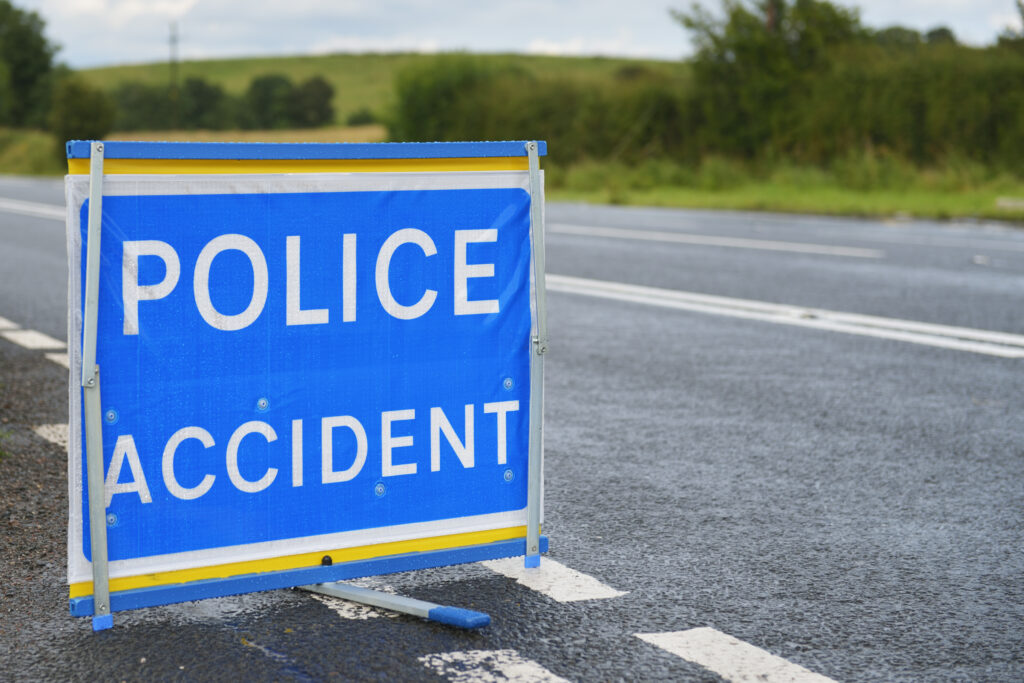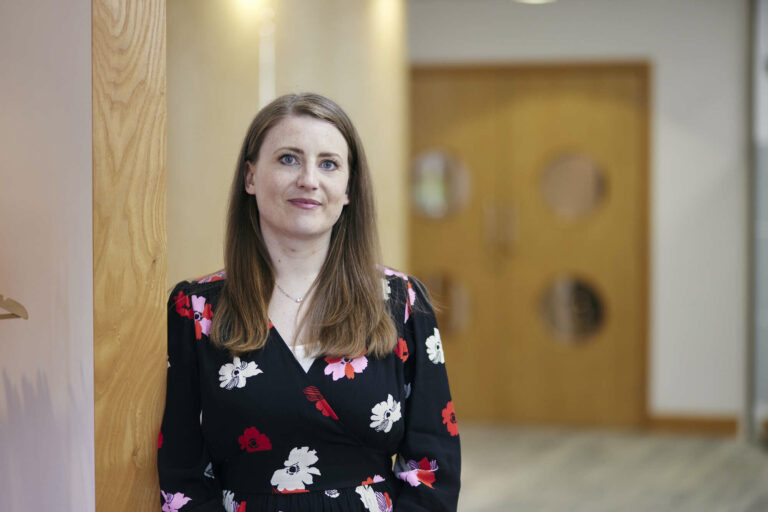As specialists in catastrophic and life changing injuries, we notice certain trends in people’s beliefs and understanding (or lack of) around their rights. Our legal system is complicated. Criminal and civil law are both very different in relation to road traffic collisions and what they can achieve for the victim; the nature of the proceedings, the purpose, the parties involved, and the potential consequences and remedies.
What is the difference between criminal proceedings and making a civil claim?
Criminal Law:
Nature of Proceedings: Criminal law involves legal proceedings initiated by the Crown Prosecution Service against an individual or entity accused of having committed a crime. In the context of road traffic collisions, this typically applies to cases where a driver has broken the law or committed a criminal offence, such as drunk driving, dangerous driving, driving at an excessive speed or driving without insurance.
Purpose: The primary purpose of criminal law in road traffic accidents is to punish the wrongdoer for their illegal actions, stop others from engaging in similar behaviour, and protect public safety.
Parties Involved: In criminal cases, the prosecution is usually represented by the Crown Prosecution Service (CPS). The accused person is the defendant. Victims or injured parties may be witnesses, but they are not parties to the criminal case. As a victim you may testify about what happened but the decision of whether someone will be prosecuted in criminal court lies with the Police and CPS instead of you.
Standard of Proof: In criminal cases, the prosecution must prove the defendant’s guilt beyond all reasonable doubt. This is a high standard of proof, and if the court (with or without a Jury) has any doubt about the defendant’s guilt, they should be found not guilty. That can be confusing because they may be found not guilty of committing a crime, but their actions may have caused the victim significant harm and long-term suffering. A not-guilty result does not mean that the victim cannot bring a civil law claim against the defendant for damages.
Potential Consequences: If found guilty in a criminal case, the defendant may face criminal penalties such as fines, imprisonment, penalty points on their driving license, or even disqualification from driving. That then becomes useful in any civil proceedings that might follow.
Civil Law:
Nature of Proceedings: Civil law involves legal proceedings between private individuals or organisations, where one party claims that they have suffered harm, loss, or damage as a result of another party’s action, inaction or negligence. In road traffic collisions, this typically involves personal injury claims and claims for property damage or financial losses.
Purpose: The primary purpose of civil law in road traffic collisions is to compensate the injured party or parties for their losses. It seeks to provide a remedy and financial compensation rather than punishment. The goal is to make the injured party “whole” again, as much as possible and cover the cost of any new needs they will have because of the injuries they suffered.
Parties Involved: In civil cases related to road traffic accidents, the parties typically include the claimant (the injured party) and the defendant (the party alleged to be at fault). These cases are often brought by individuals seeking compensation for injuries, medical expenses, property damage, and other losses resulting from the accident.
Standard of Proof: In civil cases, the standard of proof is lower than in criminal cases. The claimant must prove their case on the balance of probabilities, meaning it is more likely than not that the defendant was at fault or negligent.
Potential Consequences: If the defendant is found liable in a civil case, they may be ordered to pay compensation to the claimant. This compensation typically covers medical expenses, lost income, pain and suffering, and other related losses. It does not involve criminal penalties like fines or imprisonment. In most cases the defendant’s insurance will have to pay the compensation instead of the defendant themselves. It can also open the door to rehabilitation funded by the compensating party.
What does this mean for me?
In summary, the main difference between criminal and civil law in the UK in relation to road traffic accidents is the purpose and nature of the proceedings. Criminal law seeks to punish and deter wrongdoing, while civil law seeks to compensate the injured party. Additionally, the standard of proof is higher in criminal cases, and the parties involved and the potential consequences differ significantly. It’s possible for an individual to face both criminal and civil actions simultaneously for the same road traffic incident.
If you have been involved in an accident that was not your fault and regardless of the outcome of the criminal case, if there even is one, you can still make a civil claim for compensation to get the financial help you need to get back on your feet.
What if I waited?
Recently I was speaking with a family whose son had been involved in a road traffic collision four years ago, but who had chosen to not speak to a solicitor about it after being told that the CPS was not going to press criminal charges against the driver that caused it. That family struggled for four years as their son suffered from an ABI that impacted his performance at school, requiring additional after school tutoring they were paying for privately as well as rehabilitation, only part of which they could access on the NHS. They had no idea that they could have brought a claim against the driver’s insurance to cover for these expenses. Luckily, during one of their hospital visits, they spoke with the CBIT hospital navigator who, after listening to their story, suggested they seek legal advice which is how they found me. After reviewing the case, I decided to take it on and we will seek to recover damages from the driver to meet their son’s needs but also enable him to have money for things he will need in the future as a result of the long-term impact his injuries have had on him.
Even though it is always best to speak to a lawyer as soon as you are able to and whilst the specifics of what happened are fresh in your memory, the law says that you can bring a civil claim within three years of when you got injured or from when you found out about your injuries / that your injuries are linked to a specific incident. That is the case with adults but the time limit for cases brought on behalf of children or adults lacking capacity to make their own decisions is different. For children you have up to 3 years after the date they turn 18 and for adults lacking capacity there is no time limit.
Even if you think you have waited too long to speak to a solicitor, it is still worth having a discussion with a trusted lawyer with experience in personal injury claims as they may still be able to help you. We are always happy to answer calls and investigate claims and will be totally honest with you about whether we believe you have a case or not.
What can Enable Law help?
If you have sustained significant injuries after an accident that was not your fault, a member of our team will be happy to have a free, confidential discussion with you over the phone or visit you in person to understand what happened and work with you to find the best possible solutions for you. If we can take on your case we will do so on a no win no fee basis so you will only have to pay for our work if we are successful with your case and out of the money we will help secure for you.
To speak to a member of our team call us for free on 0800 044 8488 or fill in our form here so a member of our team can call you back Contact Us – Enable Law










